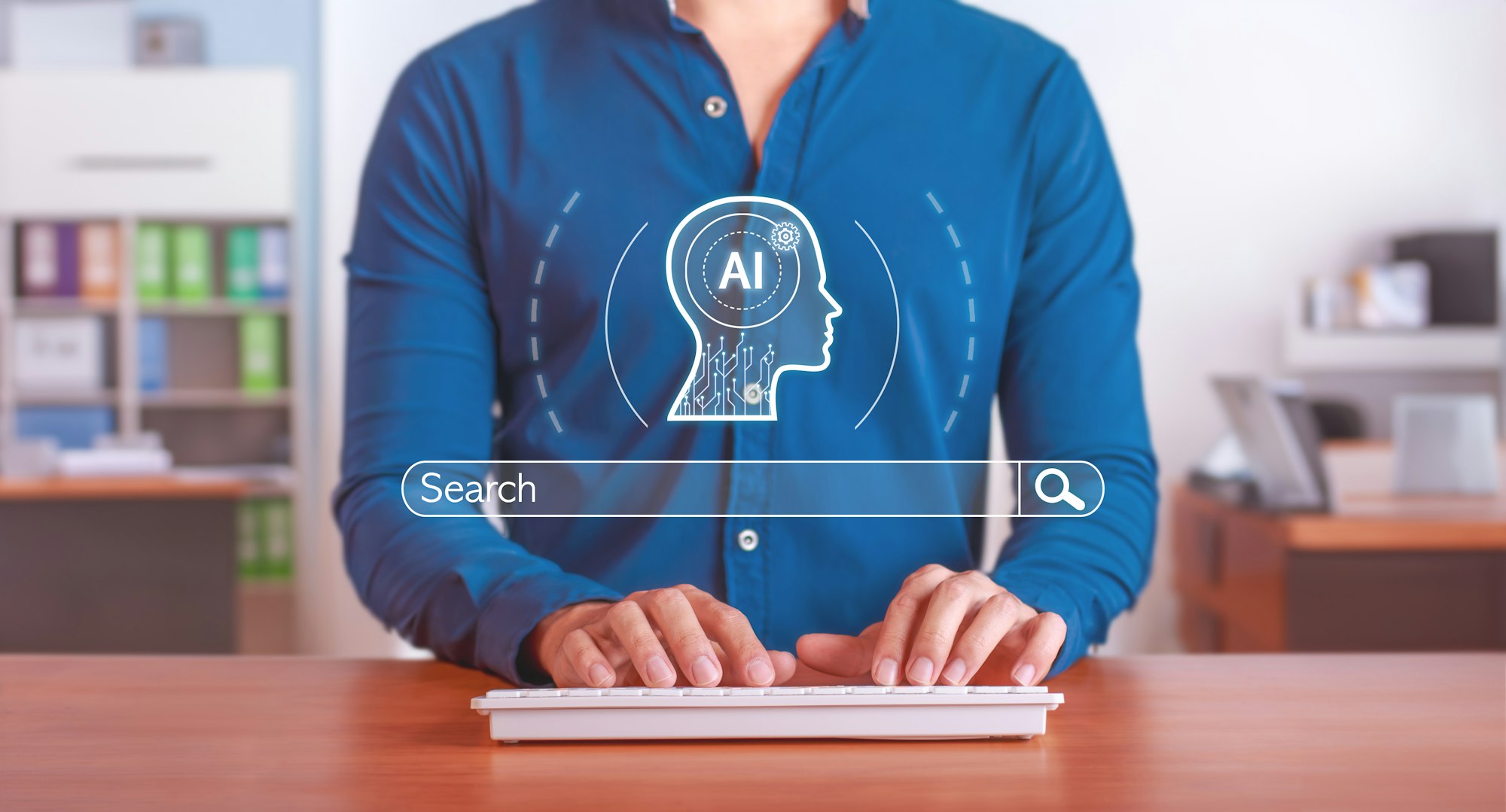The Rise of AI in American Corporations
Across the United States, businesses are increasingly turning to artificial intelligence (AI) to enhance their operations and speed up tasks that were traditionally done by humans. An impressive 61% of major companies are gearing up to integrate AI technologies within the next year, tackling everything from mundane administrative duties like billing and accounting to more sophisticated tasks such as crafting press releases and strategizing marketing plans.

Strategic AI Deployment in the Business World
Boosting Efficiency and Cutting Costs
The primary drive behind corporate America’s embrace of AI lies in its potential to streamline processes and reduce the costs associated with human labor. Companies are leveraging AI to not only enhance the quality of their products and increase production but also to significantly lower labor expenses. This strategic use of AI doesn’t just cut costs—it also allows the reallocation of human talent to more critical, strategic roles, enhancing overall productivity and efficiency.
Transforming Job Roles
Despite the swift adoption of AI in various business operations, the effect on employment is less dramatic than one might expect. Rather than replacing existing employees, AI is filling workforce gaps and aiding with tasks, potentially stalling the hiring of new staff instead of cutting current positions. This shift suggests a transformation in job roles where AI serves as a supportive tool rather than a replacement, fostering a collaborative environment in many sectors.
Economic Impact of AI Adoption
Managing Inflation and Operational Costs
AI’s role in controlling inflation and managing costs is particularly significant. Companies that have adopted automation and AI technologies anticipate a slower pace of price increases compared to those that have not, indicating that AI could be a key player in mitigating inflationary pressures. However, the complete impact of AI on inflation involves a complex array of factors beyond simple automation.
Shaping Future Financial Strategies
The integration of AI influences not only the direct costs of operations but also the broader financial tactics within companies. Chief financial officers (CFOs) view inflation as a major concern, with many adjusting their pricing and cost management strategies to navigate the new market conditions brought on by AI advancements.
Regulatory and Ethical Challenges
The Need for Increased Regulation
As AI technology swiftly penetrates various industries, it has caught the attention of regulators and policymakers. There is a growing focus on the ethical use of AI, particularly in sensitive areas like financial trading and risk management. The development of stringent regulatory frameworks to govern these new technologies is crucial, ensuring their safe and ethical application.
Preparing for the Future with AI
Anticipating and Managing Risks
With the rapid integration of AI into business processes, understanding potential risks and preparing for unforeseen consequences is essential. Companies are encouraged to develop comprehensive risk management strategies and maintain vigilant oversight to mitigate potential setbacks that may arise from premature or inappropriate AI deployment.
Planning for a Collaborative Future
Looking forward, the trajectory of AI in business suggests a move towards more integrated human-AI collaboration. Future AI systems are expected to enhance human capabilities, providing strategic support in decision-making and operational tasks, thus transforming the way businesses operate at various levels.
Discover how AI is not just automating tasks but reshaping entire job roles and economic strategies, while also highlighting the urgent need for regulatory measures to ensure its ethical deployment.

Frequently Asked Questions About AI in Business
1. How is AI transforming job roles in businesses?
AI is changing the workplace by filling gaps where there are shortages of human workers and by assisting with various tasks. This doesn’t necessarily mean that AI is replacing employees outright; rather, it’s shifting the nature of job roles. Employees are increasingly working alongside AI, which handles routine or data-intensive tasks, allowing them to focus on more complex and strategic activities. This collaboration enhances productivity and allows workers to engage in more meaningful and creative aspects of their jobs.
2. What are the economic benefits of adopting AI in business?
One of the key economic benefits of AI is its ability to control operational costs, which can help manage inflation within the economy. Companies using AI can produce goods and offer services at a lower cost and with greater efficiency, potentially leading to slower price increases for consumers. Additionally, AI can streamline financial strategies, helping businesses to navigate challenging economic climates more effectively and make smarter, data-driven decisions.
3. What are the ethical considerations companies face when implementing AI?
As AI becomes more prevalent in business, ethical considerations are becoming increasingly important. Companies must address issues such as data privacy, the fairness of AI algorithms, and the potential for AI to perpetuate biases or make decisions that could harm individuals or groups. Ensuring ethical AI use involves developing transparent AI systems, implementing strict data governance policies, and engaging in continuous monitoring to detect and correct any unfair practices. Regulatory frameworks are also crucial, as they provide guidelines and standards to help companies use AI responsibly and ethically.
Sources CNN


